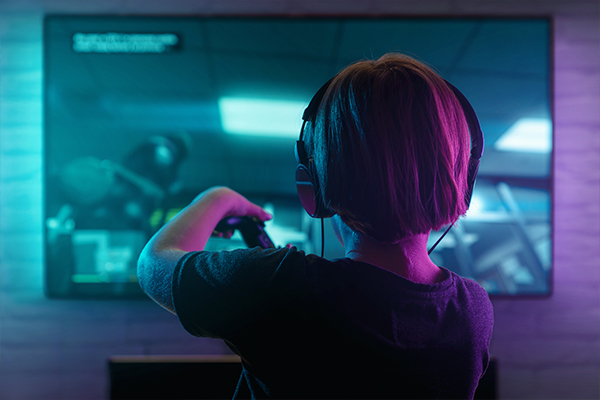The surprising benefit an hour or two of daily screen time has on kids’ learning

While excessive screen time has negative impacts on kids’ results at school, screen time can boost reading abilities when used in moderation, a new study has found.
The UNSW research revealed children who use screens for leisure for one or two hours per day are 13 per cent more likely to have higher reading scores than those who spend less than an hour on screens.
Leading parenting expert, Justin Coulson, says there could be several reasons why leisure time on screens, in moderation, gives kids a boost.
“It seems that children who are doing anything in moderation, including video games and having extracurricular interests and doing things outside of school work actually benefit either perhaps by the downtime or perhaps by getting their brains going in different ways,” he told Stephen Quartermain and Emily Power, filling in for Ross and Russel.
“It could even be the social contact that kids have when gaming.”
Mr Coulson says there’s no “magic number” but once kids begin to use screens excessively the advantages fade and the screen use begins to disadvantage learning.
Research by UNSW shows kids who spend more than four hours a night gaming or on social media are 15 per cent less likely to obtain higher reading scores than those who spend less than four hours using screens, and 17 per cent less likely to achieve high numeracy scores.
Screen time limits Mr Coulson recommends for kids:
- Under five: Try to keep it as close to zero as possible.
- Primary school: Keep it under an hour or an hour and a half per day.
- Secondary school: Two hours a day maximum.
Press PLAY below for more.















